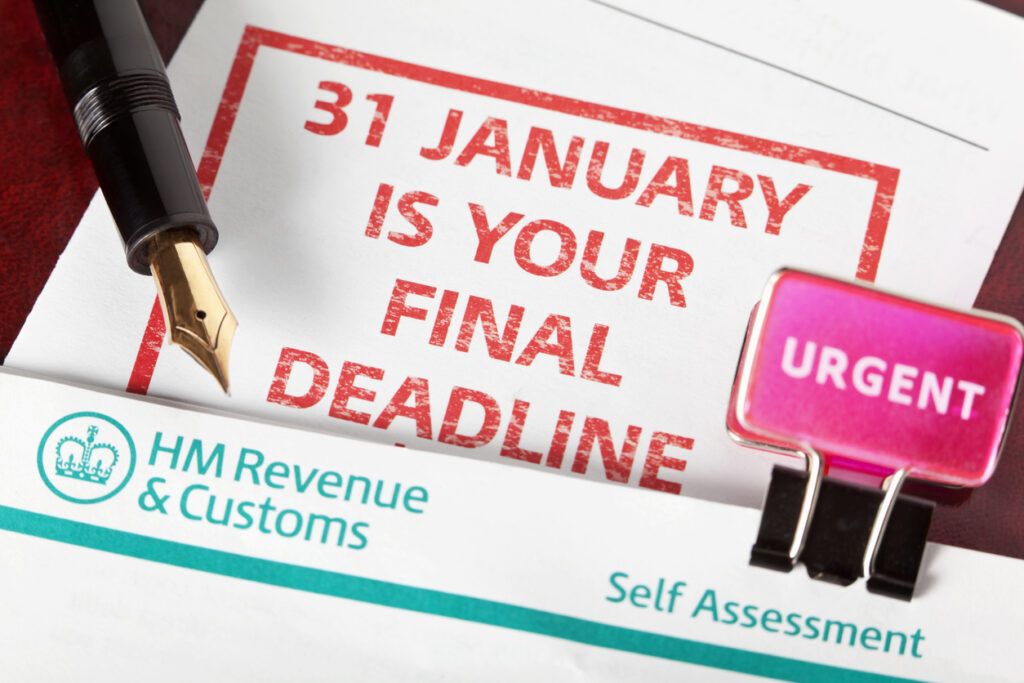Of the many questions you’ll have when you first start to consider going self-employed, or have a new source of rental income one unlikely thought to top your list is, “do I need to complete a Tax Return?” It’s probably one of the most important ones, though.
A Tax Return (or also known as Self Assessment) is one of the most significant tax documents you’ll be dealing with and if you’re not careful, it could be the one that causes you the most headaches. So let’s take a look at exactly what it is, whether you’ll need to file one, and why it’s important to stay on top of it.
What is a Self Assessment?
Simply put, a Self Assessment or Tax Return (or Form SA100) is HMRC’s way of finding out how much Income Tax and National Insurance you need to pay on any income which isn’t taxed at source. Employees have their Income Tax deducted automatically from their employment income – this doesn’t happen for self-employed workers, or for some other types of income, such as rental, pensions or income from savings and investments, which is where the Self Assessment comes in.
If you need to file a Self Assessment, then you’ll need to complete it and submit it to HMRC (usually online) before the 31st January deadline. HMRC will use the information you provide to calculate how much Income Tax and National Insurance you’re required to pay (which must also be paid by the 31st January).
The tax still remains payable on 31st January each year whichever way you choose to complete and file your Return.
Do I have to file a Self Assessment?
As a general rule, anyone who receives income that isn’t taxed at source needs to complete a Self Assessment.
In the case of someone who is self employed, the income you receive from your trade doesn’t have National Insurance Contributions or Income Tax deducted from it, so you need to tell HMRC about that income on a Self Assessment form so they can calculate what, if any, tax you owe.
If you’re a limited company director, you’ll usually need to file a Self Assessment.
Other examples of income not taxed at source can include:
- rental income from any property you own, in the UK or property income from abroad
- Investment income such as dividends or bank interest
- Other income which is not taxed before you get it and the tax cannot be collected through the PAYE system
- If you or your partner are claiming Child Benefit and because your household receives Child Benefit and someone in your household has a taxable income above £50,000.
When do I need to register for Self Assessment – do HMRC issue me a Self Assessment notice or do I need to contact them?
If you meet any of the criteria that mean you need to complete a Self Assessment, the first step is to register. You need to do this by the 5th October after the end of the relevant tax year. For the tax year that runs from 6th April 2019 to 5th April 2020, the deadline for registration was 5th October 2019.
Registering for Self Assessment isn’t an automatic process when you set up a limited company or register as self-employed, so you’ll need to notify HMRC of your situation. You can do this personally by phoning the Self Assessment Helpline on 0845 900 0444 or registering online.
When do I have to complete a Self Assessment?
You have to file your Self Assessment online by 31st January after the end of the tax year it applies to at the very latest. Tax years run from 6th April to 5th April. You can file the Return by paper, but this must be with HMRC by 31st October thereby giving you a shorter time to complete the form.
What happens if I don’t register and file in time?
If you fail to notify HMRC, you may face a fine or penalty and will have to submit Self Assessments for prior tax years where applicable.
If you fail to submit your return once you’ve registered for Self Assessment, you can incur some fairly significant penalties. These penalties for late filing are strictly enforced and you cannot appeal against these unless there are very specific circumstances.
Here at F9 we can help every step of the way with your Tax Return. We can deal with the initial registration with HMRC, together with the ongoing compliance of filing the Tax Return in good time and making sure that you pay the correct amount of tax.
There are lots of reasons why filing your Self Assessment early is a good idea and not leaving it until the last minute and if you need some help with your own Tax Return, Contact us today to arrange a FREE consultation, we have Chartered Accountants and Tax Advisers in Canary Wharf, Essex and Manchester waiting for your call.


















